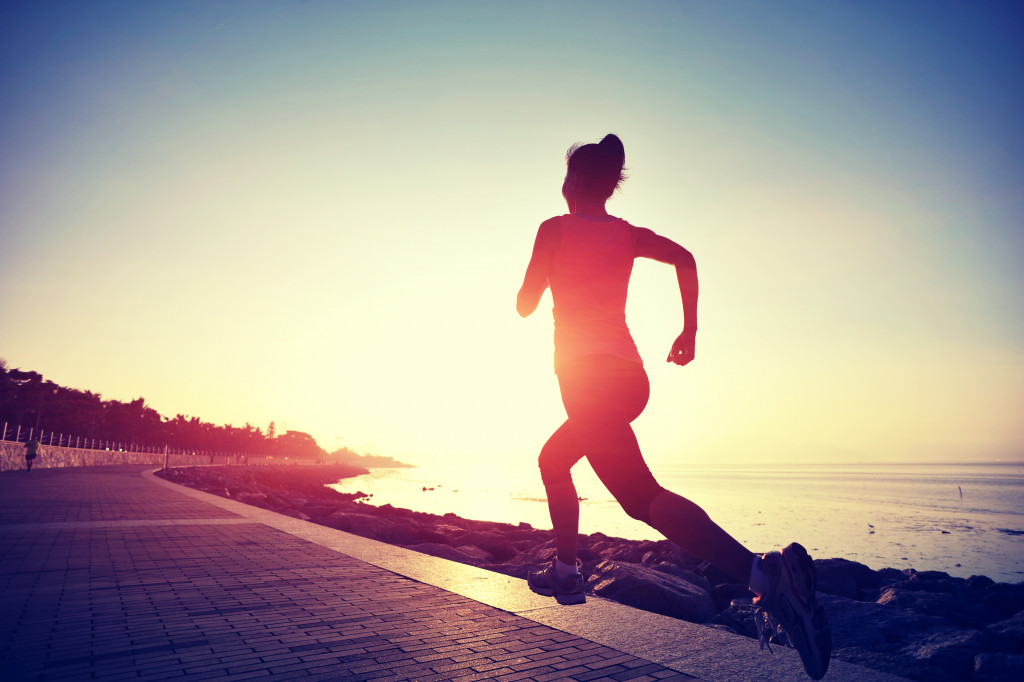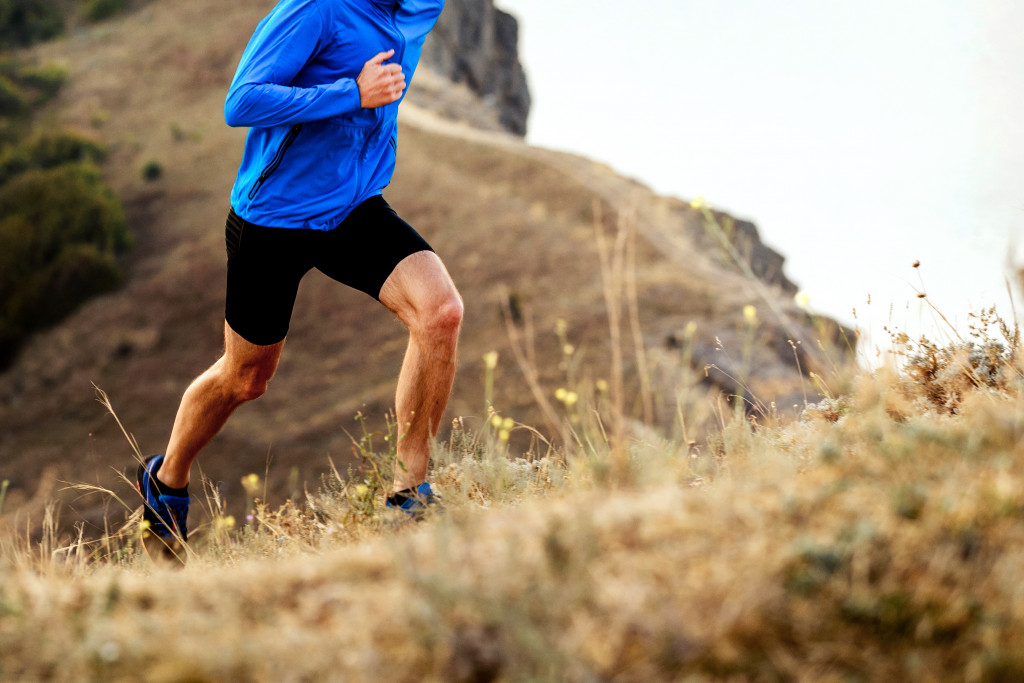Jumping, running, sprinting, and footwork can take a toll on your feet. That said, all athletes should pay attention to their feet to prevent injuries, infections, and other foot ailments that can impair training and slow down development.
Your feet may be tough from all the work that they go through, but they still need to be taken care of to make up for all the stress you put them under. To keep your feet healthy as they can be, here are the best foot care tips for athletes like you:
1. Visit a physiotherapist
Physiotherapy sessions are extremely helpful in dealing with injuries of the foot or ankle. If you injure your feet or ankle in any way and they require professional attention, seek help from a physiotherapist for the right treatment a speedy recovery. Avoid trying to address the problem alone if the pain is too much or you are already experiencing grave symptoms such as swelling, redness, deformity, and difficulty walking.
2. Prevent athlete’s foot
Your feet sweat a lot while training and damp environments provide a great habitat for fungal growth. Athlete’s foot (fungal infection of the feet) results in a scaly rash that is usually accompanied by itching, burning, and stinging sensations. In some types of athlete’s foot, blisters or ulcers can also arise.
It is imperative to address athlete’s foot as soon as it arises since the fungus can transfer to your hands, nails, and groin, as well as other people. Here are the best ways to prevent athlete’s foot:
- Keeping your feet dry, especially between the toes
- Changing socks frequently
- Refraining from repeating socks
- Wearing breathable socks and well-ventilated shoes
- Alternating shoes every other day
- Wearing sandals in public showers, pools, and locker rooms
- Applying anti-fungal powder to your feet daily
- Not sharing shoes or socks with other people
If your athlete’s foot doesn’t go away after self-treatment for two weeks, visit a doctor right away.
3. Work out the right way
Improper training can increase your risk of tendon, ligament, and bone injuries. Common examples include bursitis, plantar fascitis, metatarsalgia, heel spurs, and sesamoditis. Needless to say, any type of injury to your feet or ankle can put you off training for quite a while, especially if you let the problem go on for too long.
To prevent injuring your lower extremities, be sure to stretch before and after every session to loosen your muscles and tendons. It is also important to gradually increase the intensity of your workout instead of going right into it with high intensity; doing so can increase your risk of injury. If you are just recovering from an injury, listen to your doctor’s recommendations regarding how long you can work out and how intense you can go. Trying to push yourself too hard can slow down your recovery, or worse, increase the risk of getting injured again.
4. Wear the right shoes

Footwear is crucial for athletes, especially those whose sports involve a lot of footwork. Choose the right pair of shoes based on the type of sport you play and any physical needs you may have (additional heel support, breathability, wider midsole, etc.). Buy your shoes from a specialty store, if possible, or at a physical store at the very least so that you can try them on before buying.
Ensure that the shoes fit well by walking or running in them, wearing the right type of socks, and trying them on after a workout (when your feet are largest). Don’t buy a pair that is slightly uncomfortable at first, especially if you have plans to break them in later on; they should be comfortable as soon as you try them on at the store.
5. Wash your feet daily
Most people don’t pay special attention to their feet while in the shower, but athletes should. Since your feet sweat a lot more than usual, take the time to wash them thoroughly with soap and water every day. Afterward, make sure they are completely dry to prevent fungal growth.
6. Moisturize
Another great way to take care of your feet is to moisturize them regularly with lotion, cream, or petroleum jelly. Doing so will keep your feet from cracking or peeling. This is especially important for athletes with diabetes whose nerves don’t work well enough to keep feet naturally moisturized.
Taking care of your feet is as just important as taking care of the rest of your body since they undergo the most stress during training. These tips should help you avoid common foot ailments, keep your feet healthy, and help improve your athletic performance.

